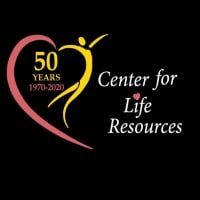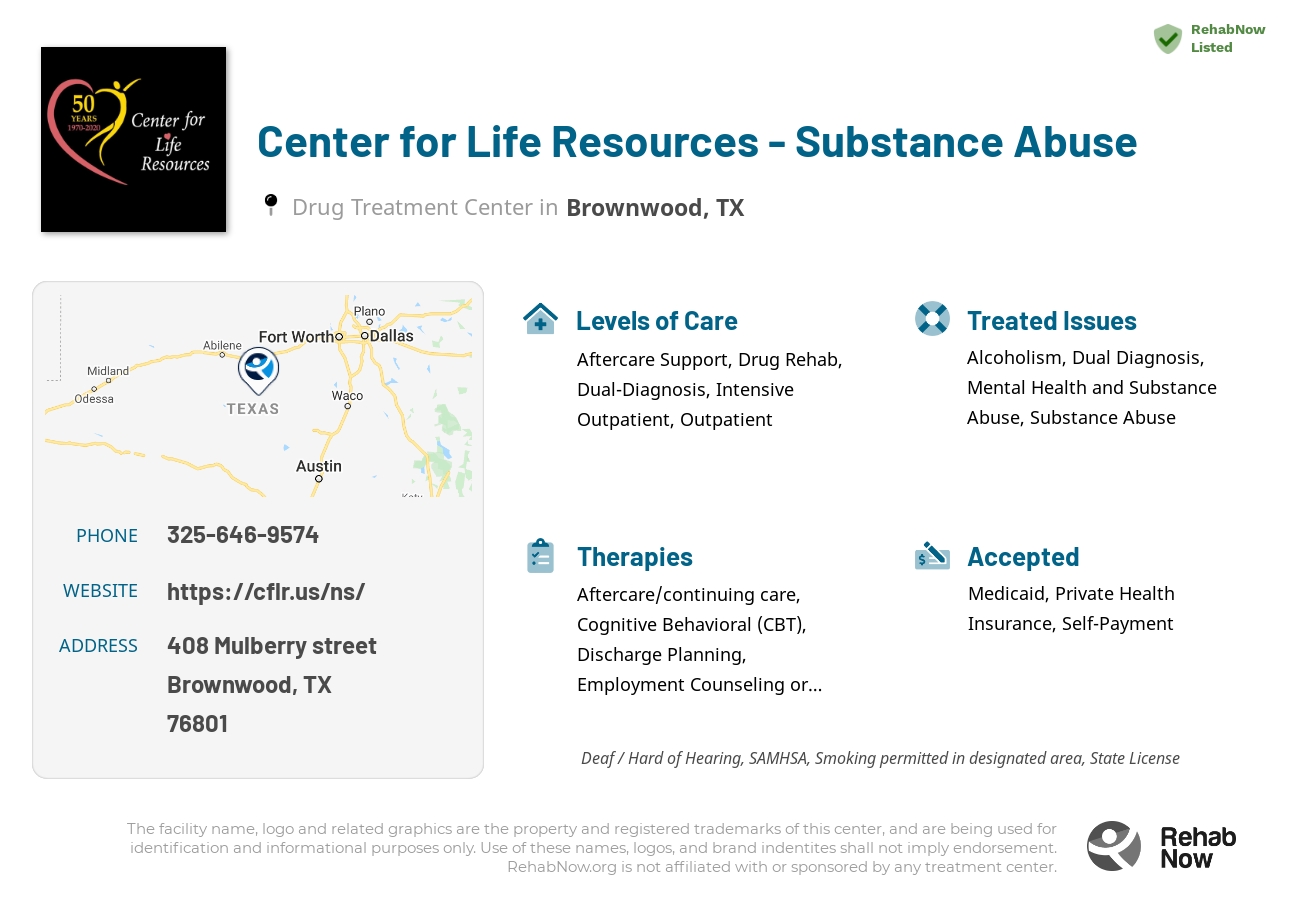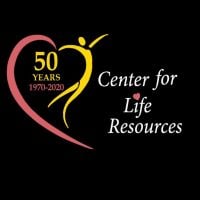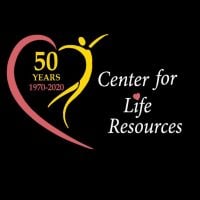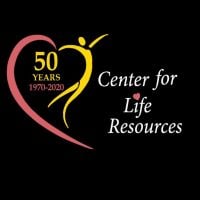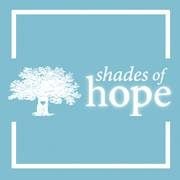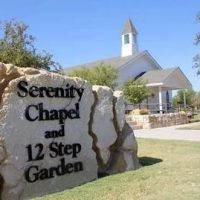Center for Life Resources - Substance Abuse
Drug Rehab Center in Brownwood, Texas
Center for Life Resources is a 50-year-old substance abuse treatment program in Brownwood, TX that provides a variety of levels of care, specializing in alcoholism and dual-diagnosis (co-occurring disorders) treatment with an emphasis on family, group, and individual therapy, plus other support services accredited with SAMHSA and the State License, accepting private health insurance.
About This Texas Facility
Center for Life Resources, in Brownwood, TX, is a substance abuse treatment program that has been dedicated to helping individuals with substance abuse issues for over 50 years. Since its founding in 1970, the facility has offered a variety of levels of care including aftercare support, drug rehab, dual-diagnosis, intensive outpatient, and outpatient treatment. They specialize in treating alcoholism and dual-diagnosis (co-occurring disorders) with an emphasis on family therapy, group therapy, individual therapy, life skills, motivational interviewing, and trauma therapy. Additionally, they are accredited with SAMHSA and the State License and accept private health insurance.
The mission of Center for Life Resources is to provide specialized, comprehensive treatment to individuals struggling with addiction and mental health diagnoses. The staff is committed to providing supportive, structured, and compassionate care to provide a strong foundation of recovery while aiding individuals in changing their lives. They focus on instilling hope by helping to restore dignity, building a sense of self-esteem, and allowing individuals to reclaim their lives from addiction.
Genders
Ages
Modality
Additional
Accreditations
State License
SAMHSA
Conditions and Issues Treated
When addiction and psychiatric issues co-occur, the addict’s recovery is more successful when both conditions are treated. A dual diagnosis refers to a condition in which the patient is diagnosed with two health issues: addiction and bipolar disorder.
Usually, dual diagnosis sufferers are prescribed a combination of treatments for each condition. The most common therapies are psychotherapy, behavioral therapy, spiritual counseling, 12-step programs, and medication management.
Psychiatric conditions are an obstacle to recovery because they can create roadblocks to a healthy lifestyle. Drugs and alcohol may be used as a means of self-medication, which can have dangerous consequences. Over time, addicts build up a tolerance and suffer withdrawal symptoms when drug use is stopped.
With the proper treatment, dual diagnosis sufferers can overcome their conditions and achieve lasting sobriety.
Levels of Care Offered at Center for Life Resources - Substance Abuse
This center offers a variety of custom treatment tailored to individual recovery. Currently available are Aftercare Support, Drug Rehab, Dual-Diagnosis, Intensive Outpatient, Outpatient, with additional therapies available as listed below.
The Intensive Outpatient Program at Center for Life Resources - Substance Abuse is for those who need intensive care but would rather get it in the comfort of their own home. The treatment programs vary in duration and intensity and can be tailored to suit the individual’s needs. IOP helps the patient to live at home and gradually get back to their routine life.
Daily trips to the hospital that provides the treatment include intensive outpatient services (IOP). The patients gradually get back to their everyday lives. IOP benefits the most when the patients have a supportive family member or friend who can encourage them in their recovery.
Individuals struggling with drug addictions can get help from several treatment options, including inpatient and outpatient programs. Outpatient drug treatment programs can also provide patients with different levels of care, usually depending on the patient’s degree of addiction.
At an outpatient program in Brownwood, a patient will attend a recovery program during the day and return home in the evening. Suppose a patient is struggling with drug addiction. In that case, an outpatient program can serve as an effective transition point during the recovery process.
Aftercare is a part of drug rehabilitation. It is also known as “post-treatment support.” Aftercare programs are available for addicts after they complete drug rehab. It is often the final step in the recovery process. The goal of aftercare is to ensure that addicts maintain their achievements in rehab and do not relapse. Professionals generally provide aftercare (including addiction therapists, physicians, social workers, psychologists) and involve individual and group therapy sessions.
Therapies & Programs
Individual therapy is a critical component of addiction recovery. It allows the patients to go deep into their core issues and discover how to handle those problems better. Therapy can be conducted in individual sessions as well as group settings. In individual therapy for addiction, the patient meets with their therapist one-on-one to focus on the underlying issues. This allows patients to open up and discuss personal topics they may not feel comfortable discussing in a group setting. This type of therapy can help develop solutions specific to each patient, which helps speed up the recovery process.
Family therapy is a crucial part of drug treatment and getting sober. It is one of the most effective ways to help addicts stay on the path to long-term sobriety. When a drug addict decides that they want to try and get sober, it takes the support of every person they love to succeed. It can be incredibly difficult for loved ones to watch an addict go through the pain and suffering of withdrawal, but by being there with them and supporting them, they can help to make sure that the addiction never returns.
One of the most important parts of family therapy is the relapse prevention plan. During treatment, therapists and doctors will often sit down with the addict and their family to develop a plan in case the addict ever feels like they want to use again. This plan should involve steps the addict and family can take together to prevent them from relapsing in the future. An addict’s family can play a vital part in helping them to avoid relapse because they can spot the warning signs and help them get back on track before it becomes too much of a problem.
Group therapy helps prevent addicts from feeling isolated or unique in their situation by offering a sense of comfort and fellowship. It also creates a forum for addicts to build their support systems and learn from each other. The group therapy sessions at Center for Life Resources - Substance Abuse occur in a group setting rather than one-on-one to create a safer, controlled environment where addicts feel comfortable.
Trauma therapy helps people dealing with addiction by allowing them to confront the traumas of their past and move past them. It is important to note that trauma therapy should not be confused with PTSD (post-traumatic stress disorder) Rather, it is used to treat the effects of trauma, which are often at the root of addiction.
Cognitive Behavioral Therapy (CBT) is a common therapeutic approach to help drug addicts. It teaches addicts new ways of thinking and behaving so that they can avoid relapse. There are several forms of CBT used in drug rehabilitation centers.
Cognitive Restructuring helps addicts identify faulty, negative thinking so that they can work together with the therapist to find healthier ways of thinking, resulting in better decision-making.
Cognitive Behavioral Therapy for Addiction uses the principles of CBT to help treat addiction. It focuses on specific aspects of each person’s thinking, feeling, physiology, and behavior. It aims to identify specific problems in these areas and create a personalized treatment strategy.
The best drug treatment centers offer various services to help addicts learn how to live without drugs. Since addiction is a chronic physical and mental illness, addicts need to learn as many life skills as possible to help them stay clean and sober.
Many drug treatment centers like Center for Life Resources - Substance Abuse offer life skills activities as part of their addiction recovery programs. Examples include cooking classes, employment training, resume writing seminars, parenting classes, and computer training. When addicts have various life skills to lean on, they’re better equipped to put their addiction behind them for good.
The primary goal of life skills activities at drug treatment centers like Center for Life Resources - Substance Abuse is to help addicts recover from addiction and learn how to live a useful, productive life. Life skills activities help addicts find employment, take care of their families, and give back to the community. After learning about these various life skills, addicts are better prepared to return to society and lead happy healthy lives.
Payment Options Accepted
For specific insurance or payment methods please contact us.
Is your insurance accepted?
Ask an expert, call (888) 674-0062
Center for Life Resources Associated Centers
Discover treatment facilities under the same provider.
- Center for Life Resources - Comanche in Comanche, TX
- Center for Life Resources - Coleman in Coleman, TX
- Center for Life Resources - Eastland in Eastland, TX
- Center for Life Resources - Coleman in Coleman, TX
- Center for Life Resources - Eastland in Eastland, TX
Learn More About Center for Life Resources Centers
Additional Details
Specifics, location, and helpful extra information.
Brownwood, Texas 76801 Phone Number(325) 646-9574 Meta DetailsUpdated November 25, 2023
Staff Verified
What else do people call Center for Life Resources – Substance Abuse?
People have occasionally also searched for “Center for Life Resources - Substance Abuse in Texas”
Patient Reviews
There are no reviews yet. Be the first one to write one.
Brownwood, Texas Addiction Information
Texas is one of the primary hubs for drug smuggling into the country. The border between Texas and Mexico is more than 1,000 miles long. More than 10 million residents use alcohol every year and more than 25% of those are minors. Alcohol and drug use has become so common in Texas that almost 15% of all deaths can be attributed to these substances.
Methamphetamines are the most commonly abused drug in Brownwood, Texas with 34% of addicts using them. Opioids, such as prescription painkillers and heroin, are also commonly abused. Marijuana is often complimented and the first drug used in adolescents before moving on to harder drugs. Brownwood area offers a variety of drug addiction treatment programs to help people achieve sobriety.
Treatment in Nearby Cities
- Port Arthur, TX (326.0 mi.)
- San Marcos, TX (142.2 mi.)
- Grand Prairie, TX (136.1 mi.)
- Hico, TX (58.8 mi.)
- Borger, TX (305.5 mi.)
Centers near Center for Life Resources - Substance Abuse
The facility name, logo and brand are the property and registered trademarks of Center for Life Resources - Substance Abuse, and are being used for identification and informational purposes only. Use of these names, logos and brands shall not imply endorsement. RehabNow.org is not affiliated with or sponsored by Center for Life Resources - Substance Abuse.
